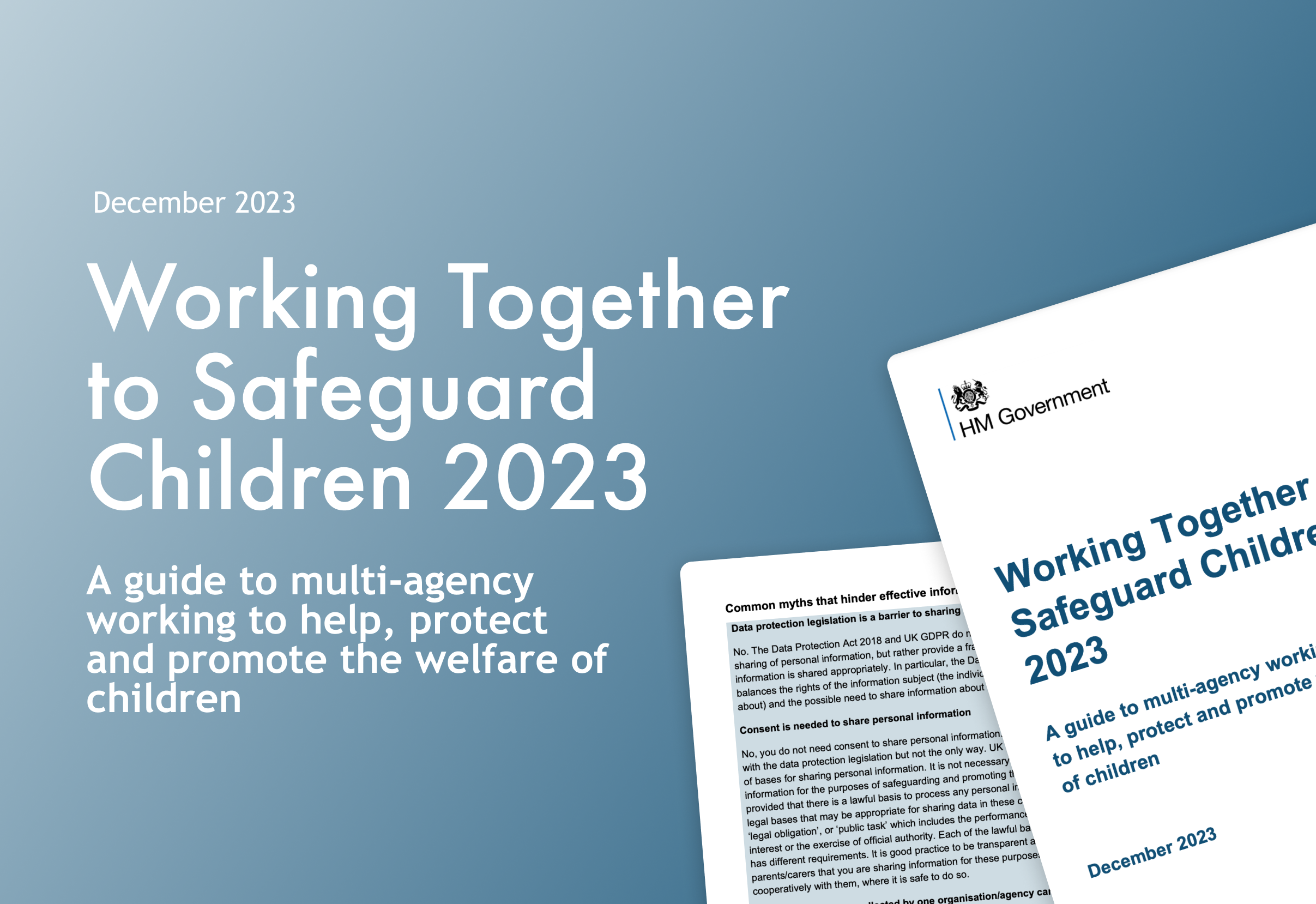Consent and respecting children’s boundaries from an early age
Do you ever think about the effects of asking your children to kiss or hug others?
Even when they hesitate or make it clear they are uncomfortable do you still insist they hug that person? If you were forced to share affection with a person that you didn’t feel comfortable with, how would you feel?
We want our children to be both physically and emotionally protected and that is why it is critical that we teach kids about consent from an early age.
As adults when we think about consent, we automatically think about sex but consent is about respecting other people's boundaries and realising that we have the right to say no at any time if it does not make us feel comfortable.
Talking to your children about consent can be uncomfortable, but it doesn’t have to be. Teaching our children to have respect for their own and others' bodies can really help empower them and reduce their chances of becoming victims.
A child’s body is their own. It is not yours. This means that they alone get to make their own decisions when it comes to their body. It is not for us to say what, or who, makes them feel uncomfortable or unsafe. Because it is their body, it is their decision to whom they give or receive affection to and from. Sometimes, like us, they simply are not ‘huggers’, physical touching makes them feel awkward and uneasy, some are simply not in the mood to share physical space and as parents and adults, we should respect and understand that.
Many of us adopt parenting styles passed down from previous generations without being mindful of repeating unhealthy patterns that ignore concepts of permission and boundaries. We have to be aware that by forcing a child or young person to submit to unwanted affection, we are telling them that their choices do not matter and are not respected. This can lead to a lack of self-confidence and a distorted sense of what constitutes acceptable behaviour.
There is nothing wrong, rude, or inconsiderate about letting a child make decisions about their body. When a parent or carer stands up to the person who is trying to make your child feel bad about their choice, you are showing your child that their choice is the right one.
A child needs to understand that it is completely acceptable not to conform to social conventions such as kissing or hugging goodbye if it doesn’t make them feel comfortable. They need to know it is OK to say no when they don’t want to be touched.
It is important we remember:
- Consent is always given voluntarily and can be revoked at any time.
- Everyone has the right to say no to anything they do not wish to do, even if they have previously said yes.
- Just because someone doesn’t say no, doesn’t mean they’re saying yes.
Consent is so much more than a conversation about sex, it is about having healthy relationships with those around you.
The conversation around consent needs to be a normal part of everyday life, whether it is about sharing toys or respecting others' personal space.
By starting these conversations early, we can change our culture and encourage children to speak up about the importance of respecting others' boundaries and autonomy. Consent lays the foundation for healthy relationships and can prevent harmful behaviours later in life.







Comments
Post a Comment